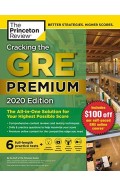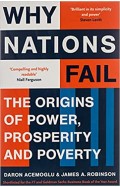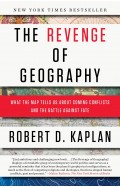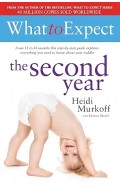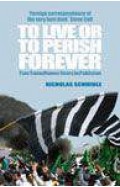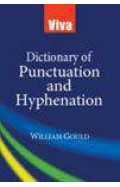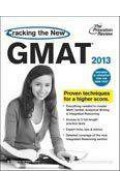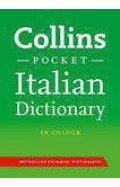Alternative to the IMF: And Other Out of the Box Solutions
By: Shahida Wizarat
-
Rs 4,000.00
- Rs 5,000.00
- 20%
You save Rs 1,000.00.
Due to constant currency fluctuation, prices are subject to change with or without notice.
Alternative to the IMF: And Other Out of the Box Solutions
By: Shahida Wizarat
Rs 4,000.00 Rs 5,000.00 Ex Tax :Rs 4,000.00
Zubin Mehta: A Musical Journey (An Authorized Biography)
By: VOID - Bakhtiar K. Dadabhoy
Rs 472.50 Rs 1,050.00 Ex Tax :Rs 472.50
GRE Complete 2017 The Ultimate in Comprehensive SelfStudy for GRE -
By: Kaplan
Rs 2,637.25 Rs 4,795.00 Ex Tax :Rs 2,637.25
Cracking The Gre Premium Edition With 6 Practice Tests, 2020: The All-in-one Solution For Your Highest Possible Score (graduate School Test Preparation)
By: The Princeton Review
Rs 2,197.25 Rs 3,995.00 Ex Tax :Rs 2,197.25
The Prize: The Epic Quest for Oil, Money & Power
By: Daniel Yergin
Rs 3,896.25 Rs 5,195.00 Ex Tax :Rs 3,896.25
Why Nations Fail - The Origins of Power, Prosperity, and Poverty
By: James A. Robinson
Rs 3,116.00 Rs 3,895.00 Ex Tax :Rs 3,116.00
Guns Germs And Steel A Short History Of Everybody For The Last 13000 Years
By: Jared Diamond
Rs 2,476.00 Rs 3,095.00 Ex Tax :Rs 2,476.00
The Revenge of Geography What the Map Tells Us about Coming Conflicts and the Battle Against Fate
By: Robert D. Kaplan
Rs 3,436.00 Rs 4,295.00 Ex Tax :Rs 3,436.00
Viva Dictionary Of Punctuation And Hyphenation
By: William Gould
Rs 135.00 Rs 150.00 Ex Tax :Rs 135.00
And Another Thing... (The Hitchhiker's Guide to the Galaxy)
By: Eoin Colfer
Rs 316.00 Rs 395.00 Ex Tax :Rs 316.00
Collins Pocket Italian Dictionary
By: Collins Dictionaries
Rs 1,491.75 Rs 2,295.00 Ex Tax :Rs 1,491.75
GRE Complete 2017 The Ultimate in Comprehensive SelfStudy for GRE -
By: Kaplan
Rs 2,637.25 Rs 4,795.00 Ex Tax :Rs 2,637.25
Cracking The Gre Premium Edition With 6 Practice Tests, 2020: The All-in-one Solution For Your Highest Possible Score (graduate School Test Preparation)
By: The Princeton Review
Rs 2,197.25 Rs 3,995.00 Ex Tax :Rs 2,197.25
The Prize: The Epic Quest for Oil, Money & Power
By: Daniel Yergin
Rs 3,896.25 Rs 5,195.00 Ex Tax :Rs 3,896.25
Why Nations Fail - The Origins of Power, Prosperity, and Poverty
By: James A. Robinson
Rs 3,116.00 Rs 3,895.00 Ex Tax :Rs 3,116.00
Guns Germs And Steel A Short History Of Everybody For The Last 13000 Years
By: Jared Diamond
Rs 2,476.00 Rs 3,095.00 Ex Tax :Rs 2,476.00
The Revenge of Geography What the Map Tells Us about Coming Conflicts and the Battle Against Fate
By: Robert D. Kaplan
Rs 3,436.00 Rs 4,295.00 Ex Tax :Rs 3,436.00
No recently viewed books available at the moment.
Zubin Mehta: A Musical Journey (An Authorized Biography)
By: VOID - Bakhtiar K. Dadabhoy
Rs 472.50 Rs 1,050.00 Ex Tax :Rs 472.50
Alternative to the IMF: And Other Out of the Box Solutions
By: Shahida Wizarat
Rs 4,000.00 Rs 5,000.00 Ex Tax :Rs 4,000.00
GRE Complete 2017 The Ultimate in Comprehensive SelfStudy for GRE -
By: Kaplan
Rs 2,637.25 Rs 4,795.00 Ex Tax :Rs 2,637.25
Cracking The Gre Premium Edition With 6 Practice Tests, 2020: The All-in-one Solution For Your Highest Possible Score (graduate School Test Preparation)
By: The Princeton Review
Rs 2,197.25 Rs 3,995.00 Ex Tax :Rs 2,197.25
The Prize: The Epic Quest for Oil, Money & Power
By: Daniel Yergin
Rs 3,896.25 Rs 5,195.00 Ex Tax :Rs 3,896.25
Why Nations Fail - The Origins of Power, Prosperity, and Poverty
By: James A. Robinson
Rs 3,116.00 Rs 3,895.00 Ex Tax :Rs 3,116.00
Guns Germs And Steel A Short History Of Everybody For The Last 13000 Years
By: Jared Diamond
Rs 2,476.00 Rs 3,095.00 Ex Tax :Rs 2,476.00
The Revenge of Geography What the Map Tells Us about Coming Conflicts and the Battle Against Fate
By: Robert D. Kaplan
Rs 3,436.00 Rs 4,295.00 Ex Tax :Rs 3,436.00











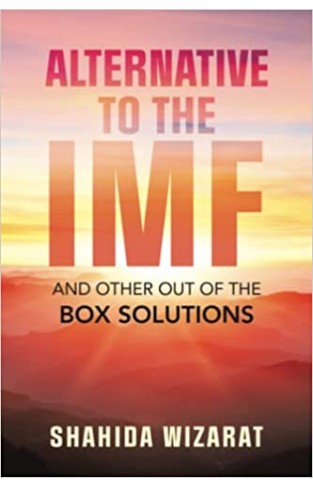
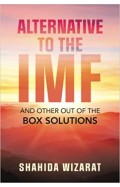
-120x187.jpg?q6)






